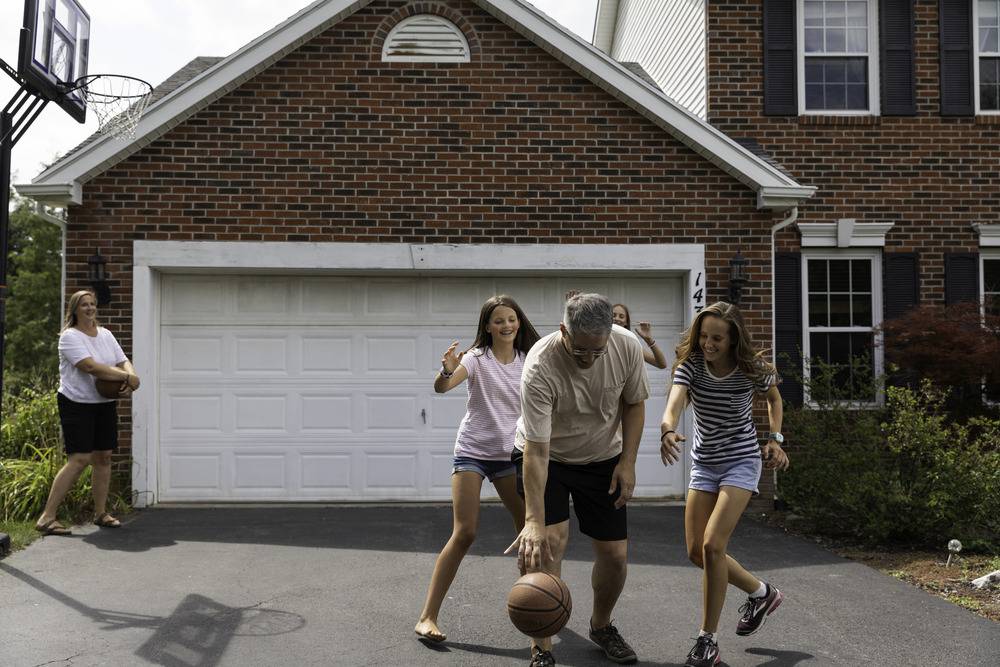“When he was in his 40s and his kidney function was rapidly declining, that was a little surprising to us, which taught us that everybody’s disease progresses at a different rate.”
Transcript
We first found out that John had PKD when he was getting worked up for another medical issue that we were challenged with at the time. We knew that his mother had a history of kidney disease in her family, but it wasn’t really anything that was on the forefront of our mind. He was feeling healthy. We always knew there was a chance, but it wasn’t anything that was affecting our lives at the moment, and we just arbitrarily found out when they did an ultrasound, and we found out that it progressed far enough that you could see many, many cysts on his kidneys. It was sort of a shock.
I was definitely concerned for him more down the road. I was concerned for what it would do for us having children. We know that that there’s a 50% of each of our children having PKD. So, I think I was thinking as a mom how it would affect my family down the road as well as my husband and his health down the road.
From the time John was diagnosed with PKD, it was about 15 years before I felt that his symptoms were really noticeable to those surrounding him. For the first 15 years, we had to make some minor lifestyle changes and he had to watch his blood pressure. But when he was about 45, I really started to notice his fatigue, he was exhausted. We would go to a lacrosse tournament and our daughters would play four lacrosse games and he would have to go to the car and take a nap between each lacrosse game. He had no energy during that time, probably for about the year leading up to his transplant.
John was actually very proactive especially as we knew that his kidney function was getting close to failure. He was monitored very closely by his nephrologist who watched his numbers, watched his numbers go down. There wasn’t really anything that we could do other than try to support him, but I commend him that he went to work every day, he got a Master’s degree, he was a present father for his children, he just was completely wiped out and exhausted leading up to it.
His mom had a transplant when she was 60 years old, so we just sort of assumed that John’s kidney would progress along the same timeframe. So when he was in his 40s and his kidney function was rapidly declining, that was a little surprising to us, which taught us that everybody’s disease progresses at a different rate.



Add new comment